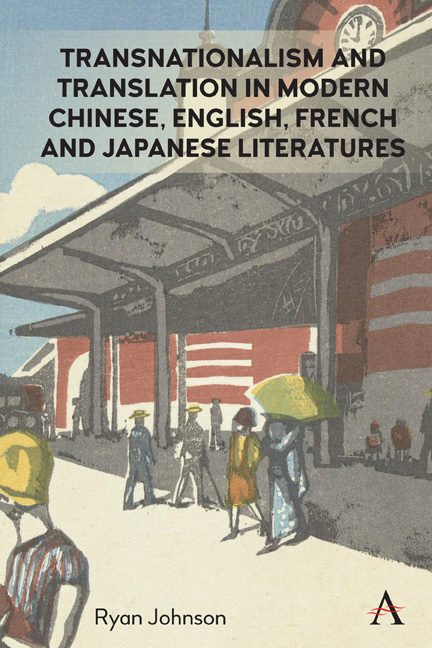Chapter Three - What We Disagree about When We Disagree about Nō
Published online by Cambridge University Press: 20 January 2022
Summary
「能楽の自由な空間と時間の処理や、
露わな形而上学的主題などを、
そのまま現代に生かすために、
シテュエーションのほうを現代化したのである 」
C’est la vie telle que, ramenée du pays des ombres,
elle se peint à nous dans le regard de la méditation;
nous nous dressons devant nous-mêmes, dans
l’amer monument de notre désir, de notre doleur
et de notre folie.
Nō fascinated several writers through the early and mid-twentieth century, but for Paul Claudel and Mishima Yukio 三島由紀夫 the “exposed metaphysical themes” that are “brought back from the land of shadows” were the chief fascination of the Japanese theatrical genre. The focus on the spiritual or metaphysical aspects of Nō provides an interesting point of contact between Claudel's and Mishima's drama, a point of contact especially fascinating to find between two writers separated by time, religion, ethnicity, and language. This chapter will consider how these points of divergence between Claudel and Mishima affect the use of their shared concern for the spiritual as a tertium comparationis between the two modern writers and classical Nō.
To tighten the scope of comparison, and to make for a clean triangulation, I will focus on Claudel's and Mishima's adaptations of one classical Nō play, Kantan 邯鄲. I begin with an overview of Kantan and Nō theater. I then compare Claudel's and Mishima's critical reflections on Nō: Claudel's famous essay “Nô” and his impressions recorded in his journal of the Nō he saw in Japan; and Mishima's comments on Nō and Japanese literature in various essays, letters, and interviews. With this background in place, I set Mishima's Kantan 邯鄲 against the “Guardian Angel” scene of Claudel's Le Soulier de Satin, which Ayako Nishino has shown is likely inspired by Kantan, a classic Nō piece by an unknown author, sometimes purported to be Zeami, the greatest author of classical Nō.
- Type
- Chapter
- Information
- Transnationalism and Translation in Modern Chinese, English, French, and Japanese Literatures , pp. 83 - 122Publisher: Anthem PressPrint publication year: 2020



